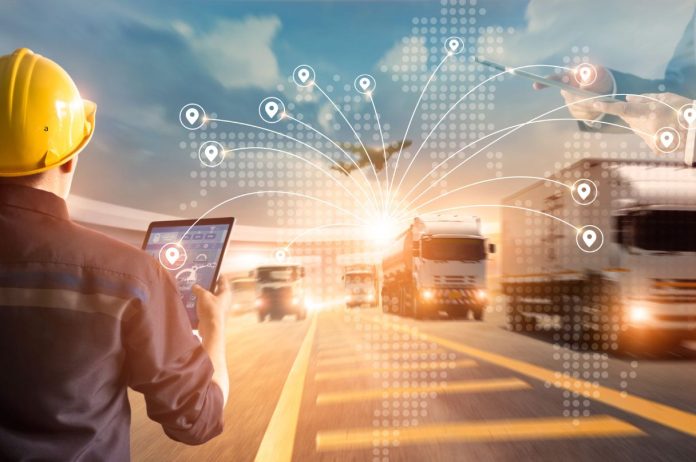A logística reversa é o processo pelo qual produtos retornam do consumidor ao varejista ou fabricante, seja por motivo de troca, defeito ou descarte sustentável. No e-commerce, ela desempenha um papel fundamental para garantir que os itens retornados sejam adequadamente reintegrados ao estoque ou descartados de forma responsável. Esse sistema não só minimiza perdas financeiras, mas também agiliza reembolsos, uma etapa essencial para melhorar a satisfação do cliente.
De acordo com uma pesquisa da National Retail Federation (NRF), a taxa de devoluções no comércio eletrônico atingiu 17,6% em 2023, refletindo seu impacto na rentabilidade das empresas. Para muitas varejistas, o desafio é reduzir o tempo de processamento dessas devoluções e acelerar os reembolsos, transformando a experiência negativa em uma oportunidade de fidelização dos consumidores a longo prazo.
Segundo Carlos Tanaka, CEO da PostalGow, empresa líder em soluções logísticas com capilaridade nacional e criadora da plataforma DevolvaFácil, que foca justamente na padronização de devoluções, uma estrutura eficiente de logística reversa pode agilizar diversos processos organizacionais. “A padronização no manuseio dos produtos devolvidos garante que os itens sejam verificados de forma correta, ágil e consistente, reduzindo erros e perdas, e acelerando os processos seguintes, como reestoques e reembolsos”, explica.
Tecnologia e integração como aliados
Essa agilidade é essencial uma vez que um processo rápido e transparente se tornou um diferencial competitivo no e-commerce, com 83% dos consumidores afirmando que a facilidade nas devoluções influencia suas decisões de compra futuras, de acordo com a pesquisa da NRF. “Para empresas que desejam acelerar o ciclo de devolução e garantir a satisfação do cliente, estabelecer um sistema integrado de gestão e automação na logística reversa é fundamental”, afirma Tanaka.
Com isso, a utilização de tecnologias integradas com inteligência artificial para roteamento automático e análise de dados em tempo real tem possibilitado a redução de erros e tempos de processamento, oferecendo aos consumidores finais uma experiência de devolução prática e um recebimento de reembolso sem complicações. “Ao integrar a logística reversa diretamente com o sistema de gestão de inventário e plataformas de ERP, como é possível com a DevolvaFácil, as empresas conseguem rastrear os produtos desde o início da devolução até o reembolso, garantindo total visibilidade e controle,” ressalta o especialista.
A inovação vai de encontro às tendências de digitalização e sustentabilidade nas empresas, onde a automação e a inteligência artificial têm sido utilizadas para melhorar a eficiência do processo, reduzir custos operacionais e minimizar até mesmo o impacto ambiental. “Hoje, a logística reversa não é apenas uma questão de escolha, ela se tornou uma necessidade. Assumir essa responsabilidade vai além do atendimento ao cliente, permitindo que as empresas convertam um desafio operacional em uma vantagem estratégica”, conclui Tanaka.



